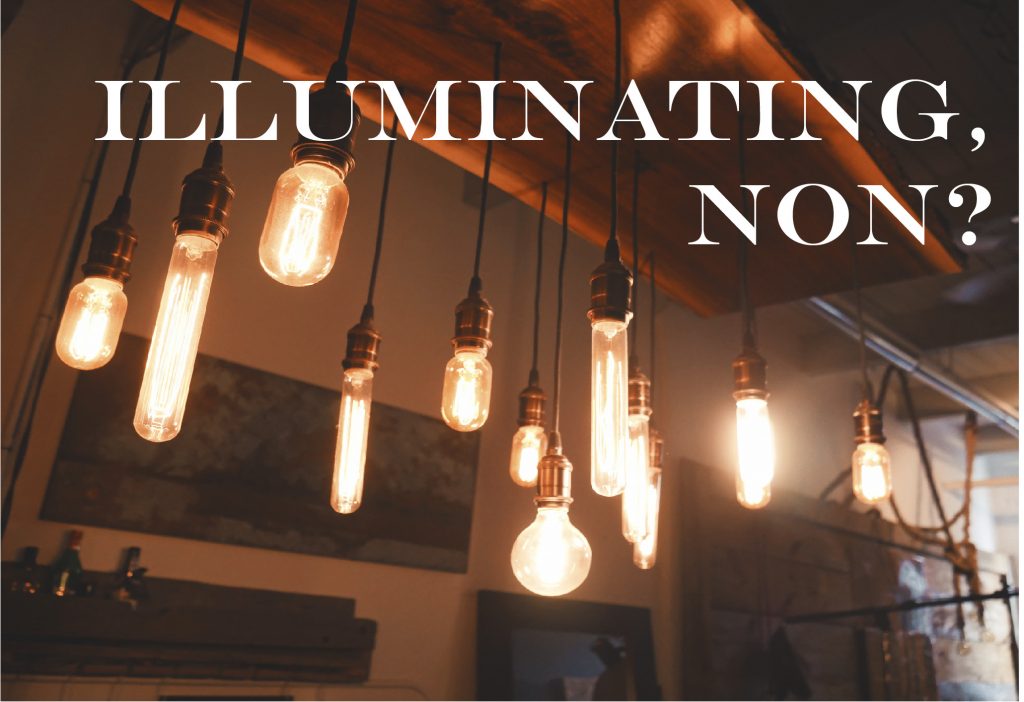9th May 2017
With the French presidential election out of the way and with a perceptible ‘phew’ permeating through certain corridors of power, the focus returns to the British general election. As polarising as these things tend to be, the usual positions have been adopted in the areas of taxation, education, the NHS et al. However, this time around there is one key exception – energy pricing.
Certain sections of the press would have us believe that the energy supply companies are rolling in money, making insane profits and generally sticking up two fingers to the British consumer whilst raising prices at will. Indeed, such is the apparent indignation of the British consumer that the Conservative Party has taken on the mantle of the nation’s champion in such matters and has been standing up for the rights of the great British public to access affordable energy. Their solution is to concoct an idea that could have come straight out of the Socialist Guide to Economics in the form of a price cap.
The reality, as we have highlighted in our free report Lights Out, is that the Big Six energy companies are not rolling in money nor are they making insane profits. In fact, the financial position of the Big Six has been deteriorating for some time with EDF and E. ON in particularly poor shape with emergency cash raises (EDF £3.5bn and E. ON £1.2bn) taking place within the last three months. Our own calculations on the economic performance of the Big Six show annual economic losses north of £26bn per year as of 2016 – this means that approx. £72m is lost EVERY DAY by the energy suppliers.
The standout offender is the French company EDF which is in the process of decommissioning several French nuclear power stations at an estimated cost of £19bn. No doubt the French taxpayer will foot the bill given EDF’s extensive debts (£26.2bn as of the last accounts release) and the company’s cumulative economic losses (as per our calculations) of £58bn since 2008. Some analysts, however, believe that the cost of decommissioning will turn out to be far greater and one which may be the final nail in le cercueil. It is rather unfortunate that the dash for cheap energy 40-50 years ago in the form of nuclear power has turned out to be a very expensive problem when the stations run past their sell-by date.
The ménage à trois of a restricted market, cartel-like pricing and consumer indignation has driven Conservative policy makers to believe that a pricing cap is the panacea to our energy ills. What has been surprising given the current furore is that the financial performance of the companies concerned has not been examined because this is where the real problems lie.
In Lights Out we made it very clear that the Big Six cannot continue to operate in this manner ad infinitum. Deteriorating financial performance on this scale will soon mean the Big Six becoming a very average-sized Five or even Four, probably via a huge corporate failure or two. Don’t forget, though, that we are dependent on these companies and their morals can sometimes be a little off-key – E. ON refused to incur a £330m tax charge in late 2016 by NOT refuelling several nuclear power stations in Germany. In turn, this led to a spike in consumer pricing due to the resultant energy supply shortfall. A sort of morally-challenged win-win.
The only feasible option for the suppliers is to keep raising prices to stave off the inevitable economic failure. They have no choice. However, the government of the day seems reluctant to recognise this. Market reform is long overdue but as it is likely that the colour blue is going to be more prevalent in the next parliament, a steer towards nationalisation is not going to happen. Yet energy supply is a key state requirement but it is dominated by six companies which provide little if any financial confidence. The abacus-tapping Whitehall Mandarins must be getting very hot under the collar as the price of Hinkley Point starts to rise in tandem with the increasing economic losses of its primary contractor – EDF.
Therefore, given a dysfunctional market dynamic despite the promise of free and open competition together with a certain amount of apathy in terms of change with the British consumer, the mix is not only combustible but also has the capacity to be highly damaging if left to fester. Hence, the Conservatives borrow a socialist principle and take the moral high ground. A more robust and pragmatic approach would be to develop a coherent energy policy that considers a capacity growth capability with suitable and sustainable investment opportunities and returns. Perhaps then we will get the energy supply market that we wanted in the first place without having to subsidise companies whereby four of the Big Six are worth less than they were seven years ago.
vysyble

